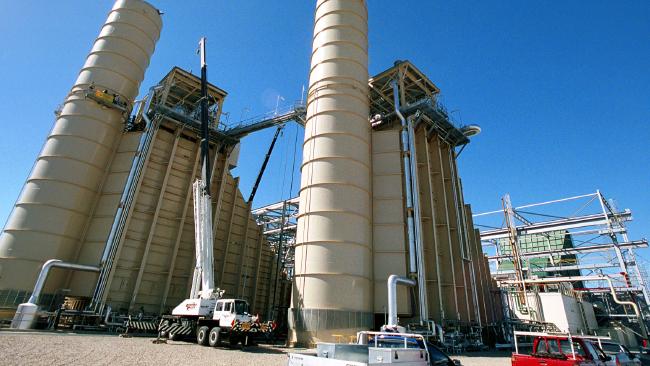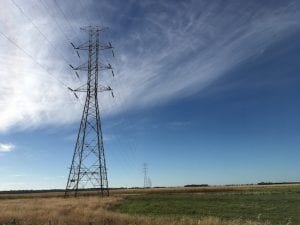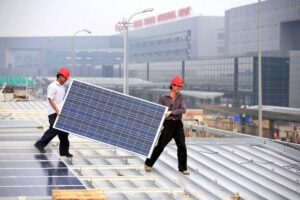The owners of the largest gas plant in South Australia have been hit with a heavy fine for their role it played in a major blackout in the state in early 2017, when it sat idle and failed to comply with market rules.
The Federal Court, which ruled last year that Pelican Point Power Limited (Pelican Point) – majority owned by France’s Engie – was guilty of breaching the rules of the National Electricity Market, must pay a pecuniary penalty of $900,000.
The case was brought to the Federal Court in 2019 after the owners of the Pelican Point plant refused to pay an infringement notice applied by the Australian Energy Regulator, also for failing to comply with market rules.
The blackouts in early February, 2017, came less than five months after the state-wide system black in late September, 2016, an event that triggered an intense anti-renewable campaign by conservatives that continues today.
The state-wide blackout was blamed on renewables, but the market operator and regulators have made clear it was caused not by the failure of wind energy, but by the tearing down of multiple transmission lines in the storms, poor grid management and incorrect software settings that have since been rectified.
The 2017 rolling blackouts were also blamed on renewables, although it became clear very quickly that this was a stuff up of major proportions, with incorrect settings by the local network owner that caused tens of thousands of homes to have their power cut off when not needed, and because Pelican Point was never switched on.
The 485 MW Pelican Point facility sat idle during the whole event, despite the fact that its capacity would have easily filled the supply gap that occurred in the middle of a heatwave.
The AER said in a statement on Wednesday that the Federal Court found that Pelican Point breached the Rules by failing to promptly notify AEMO that the medium term availability information previously submitted for the power station had increased.
In his judgment, Justice Besanko said: “[I]t must be acknowledged and taken into account that the nature of the obligations breached are important and are intended to enable AEMO to manage the reliability of the power system.”
AER chair Clare Savage said she welcomed the Court’s decision following Court proceedings, which had commenced in 2019 after the non-payment of an infringement notice issued by the AER.
She said the provision of accurate and timely availability information is key to AEMO’s management of the power system and to ensure safe and reliable power supply to consumers.
“The outcome is a timely reminder of the important overarching obligation to notify AEMO of any changes to submitted information and has broad applicability for a range of participants.
“It is not a matter of set and forget when it comes to information submitted to AEMO – participants must continually monitor market conditions, plant capabilities and other relevant factors and notify AEMO promptly of relevant changes.
The penalty comes as the AER continues to focus on power system security as part of its Compliance and Enforcement Priorities 2023-24. This has included fines against several wind farms, gas plants and big battery facilities for their failures in various blackouts and other incidents in South Australia and Queensland.










